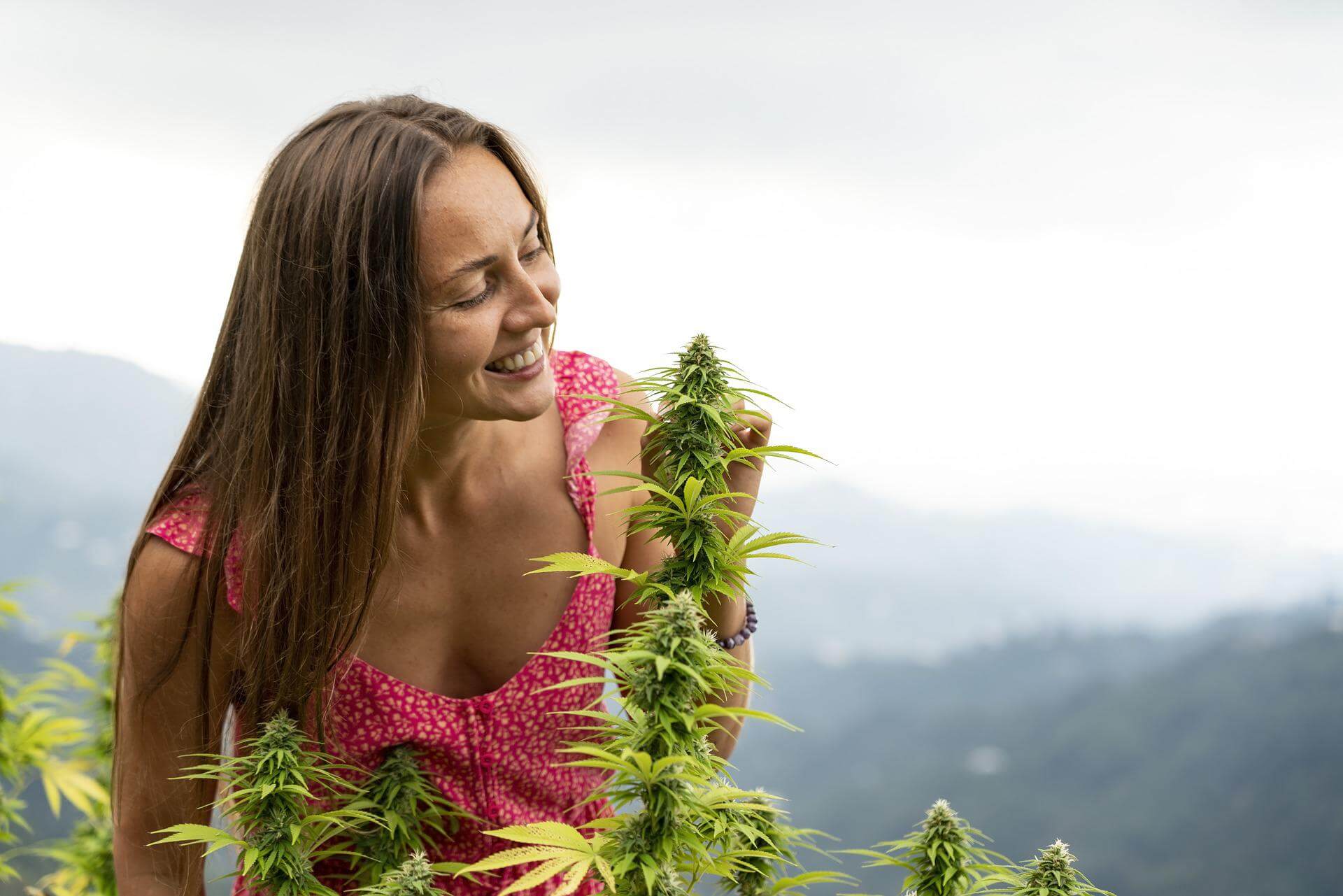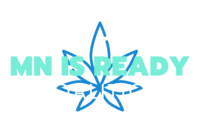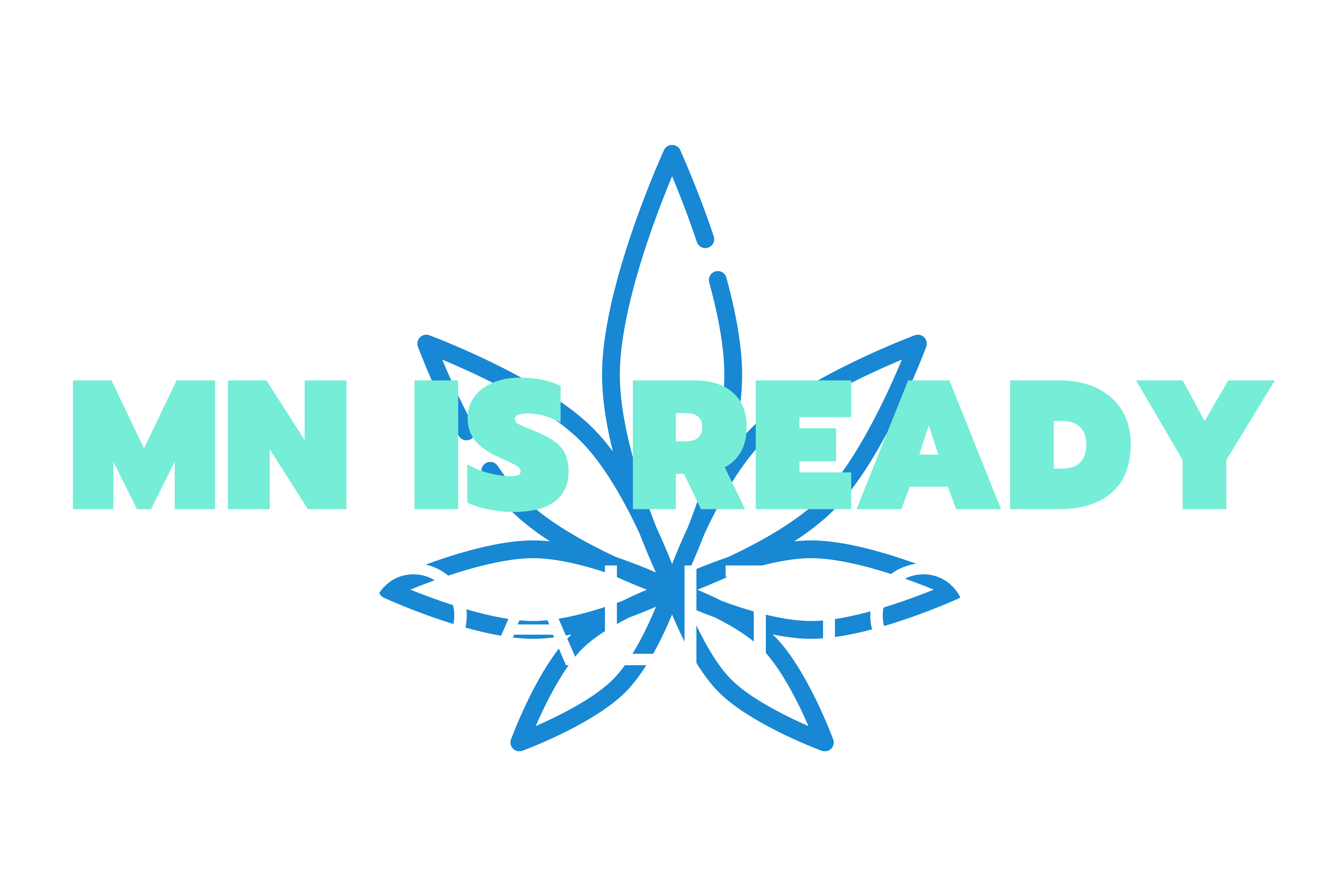Frequently Asked Questions
Cannabis consumers and the public have many questions about the legal status of cannabis in Minnesota, and the political climate we face for legalizing it. The below FAQs will hopefully provide some guidance for you to better understand the hurdles we face to passing legalization policy and why it is important to vote in the 2022 election!

Most state that have legalized cannabis did so by what is called a ballot initiative. This involves collecting a set number of signature sand submitting them for certification. Minnesota does not allow for ballot initiatives. Instead, any question on the ballot must be in the form of a constitutional amendment, and the question is placed there by the legislature. There is no way to legalize cannabis in Minnesota without going through our legislature.
The DFL-controlled Minnesota House of Representatives voted to legalize cannabis in May 2021. The Republican-controlled Senate indicated repeatedly their opposition to the move. Instead of seeking more information through hearings, and giving the public a chance to voice its support, the GOP Senate refused to hold hearings.
Minnesota has legalized the sale of medical cannabis (2014) and hemp-derived cannabinoid products.
Medical cannabis is available for patients with a wide variety of conditions, with chronic pain being the most popular. Contrary to rumors, you do not need to be on your death bed to qualify. Despite the low bar for entry, there is a steep price for patients to register with the state (up to $200) and many have to pay cash to a health care provider to certify them (often several hundred dollars). Only two providers are authorized to provide medical cannabis in Minnesota, and the price of products exceeds what is seen in many other medical-only states – and is certainly higher than the illicit market.
In 2019, the Minnesota legislature attempted to legalize hemp-derived cannabinoid products, like CBD oil. However, in late 2021, the Minnesota Supreme Court ruled that possession of refined cannabinoid products (anything but raw hemp flower) was a felony, as the legislature did not de-schedule extracted THC from Schedule I. In 2022, a “fix” was passed and hemp-derived cannabinoid products were regulated. Currently, any hemp-derived cannabinoid product is legal, with a limit of 0.3% of any THC. While possession is legal, food and beverages sold in Minnesota may only contain a maximum of 5 mg of any THC per serving and 50 mg of any THC per package.
Yes and no. Minnesota decriminalized raw cannabis in 1976, but explicitly excluded “hashish” and “mixtures” from that decriminalization. This has resulted in many felony charges for possession of oils, waxes, edibles, and other non-flower products. There are also a myriad of collateral consequences to those who receive a petty misdemeanor ticket (or felony) for possession of cannabis and cannabis products, including firearms, immigration, student loans, housing, and drivers licenses; a myriad of important civil and human rights are impacted by our current laws.
We tried that — the same Senate Republicans that oppose the legalization of cannabis, also blocked decriminalization efforts. Even if we did expand decriminalization, like Vermont first did, it creates consumer protection issues without some form of regulation.
While cannabis in and of itself is very safe, it can become contaminated with mold, heavy metals, and other contaminants that can make consumers sick. This doesn’t account for extracted cannabis products, which can have residual solvents and other bad stuff left behind in the products. A well-regulated market will protect consumers from contaminants, and maintain a level of consistency in the market.

